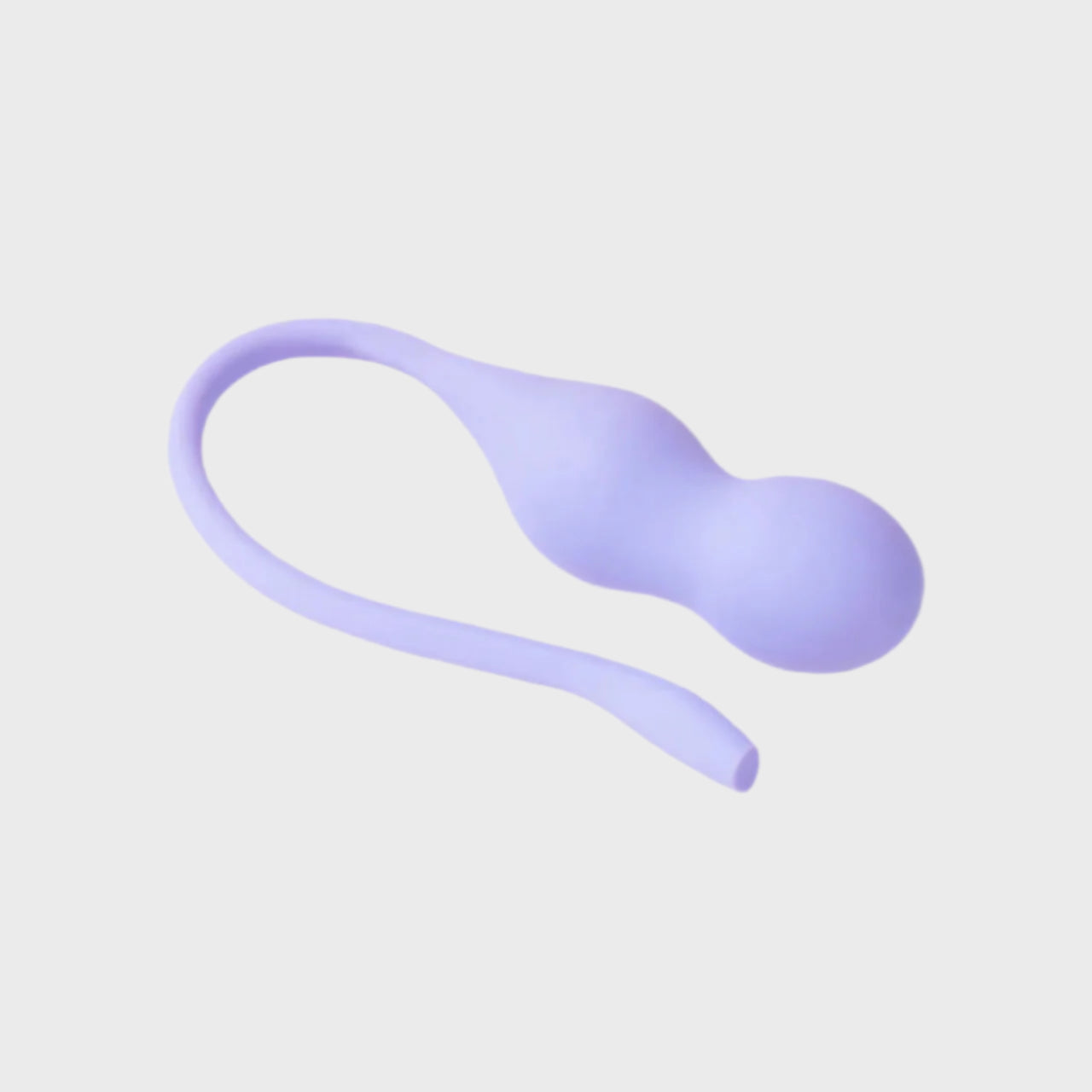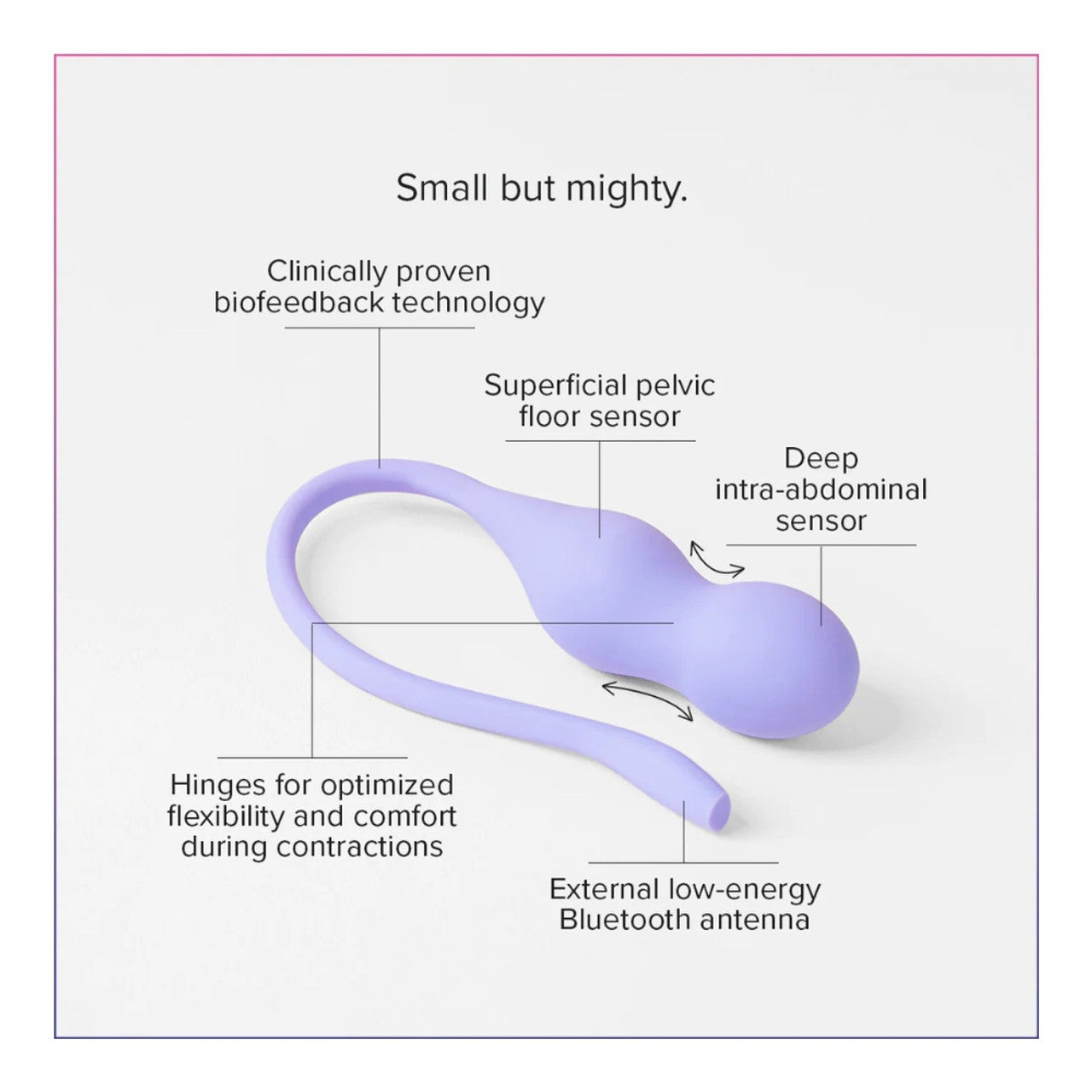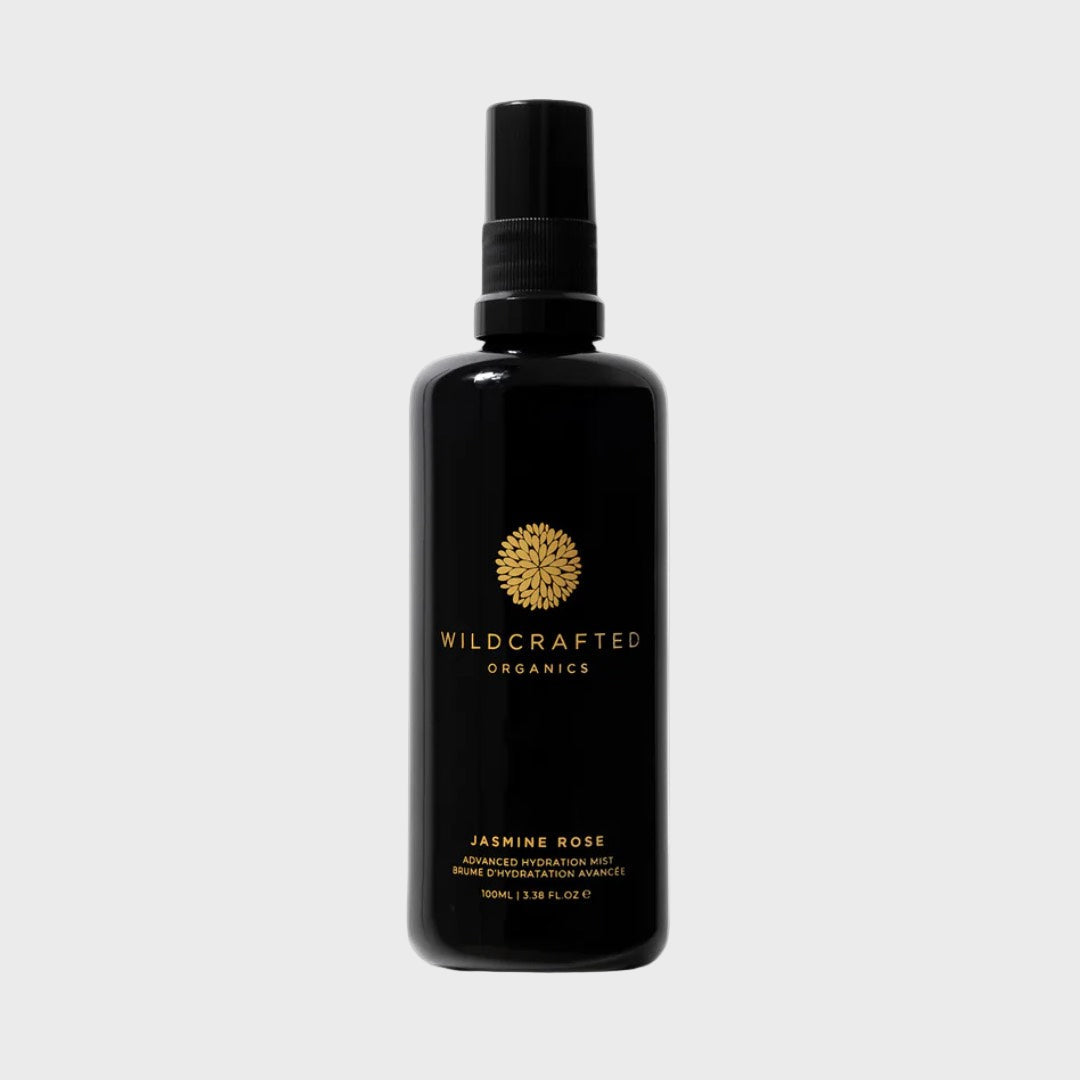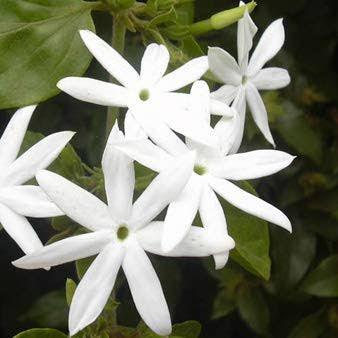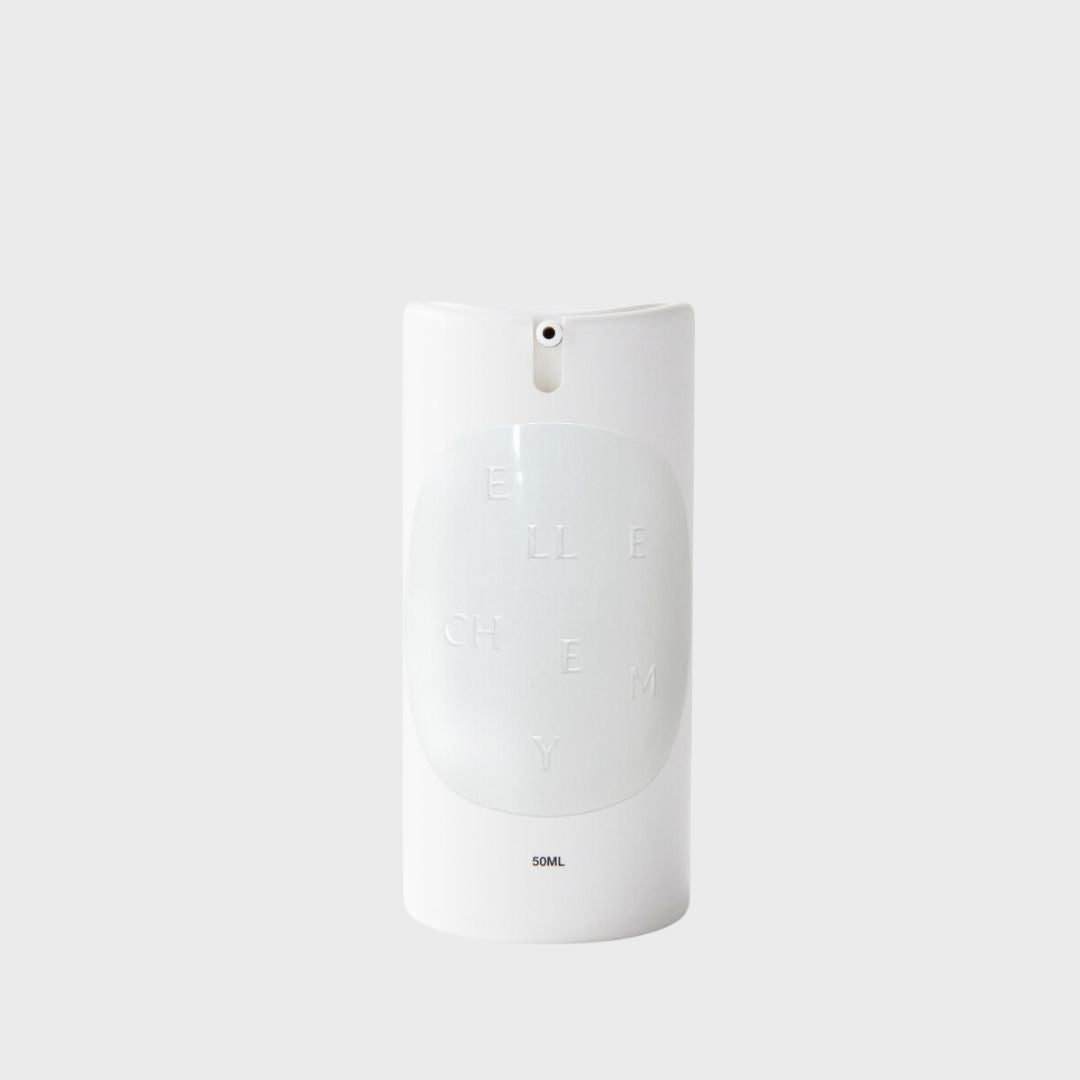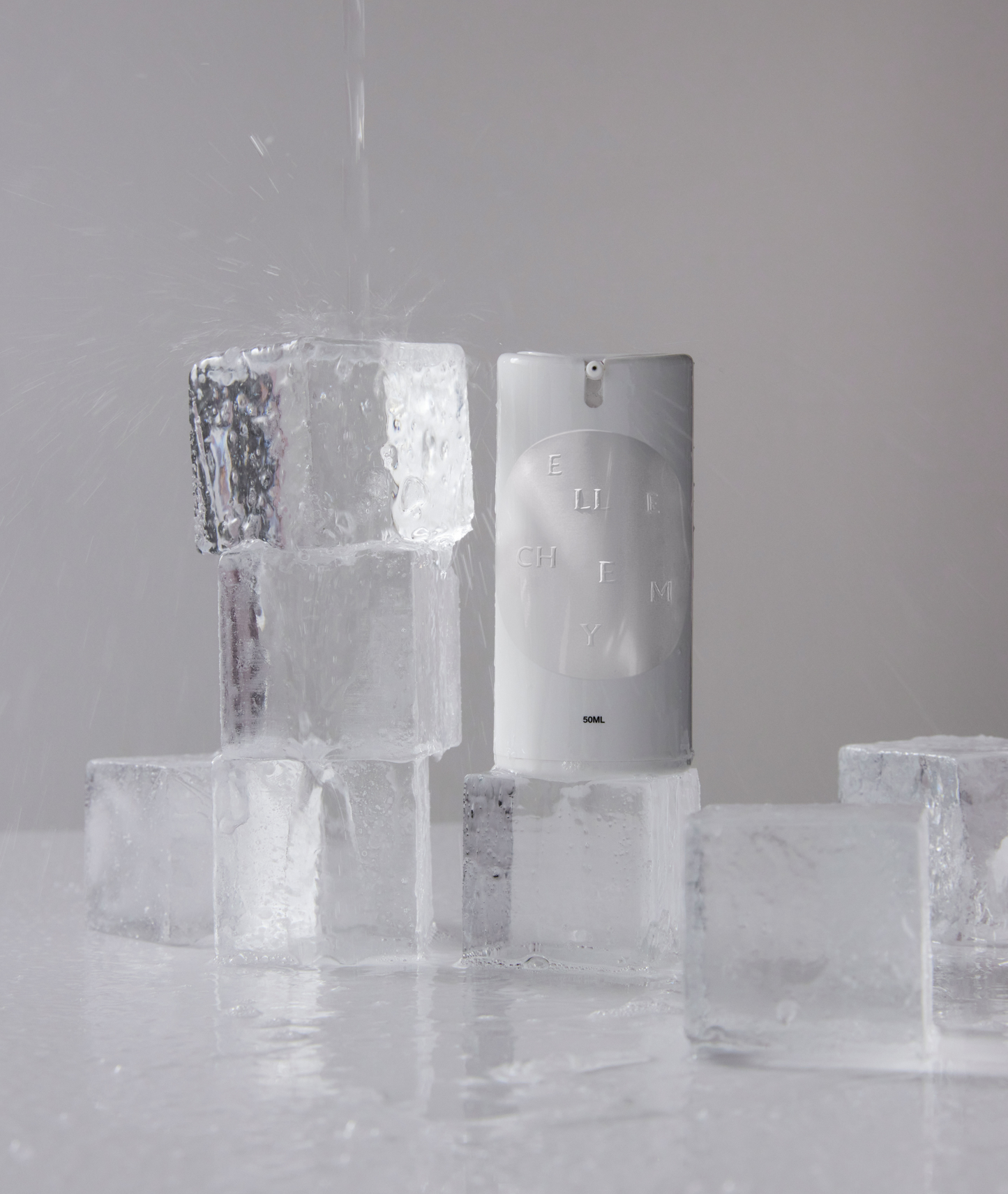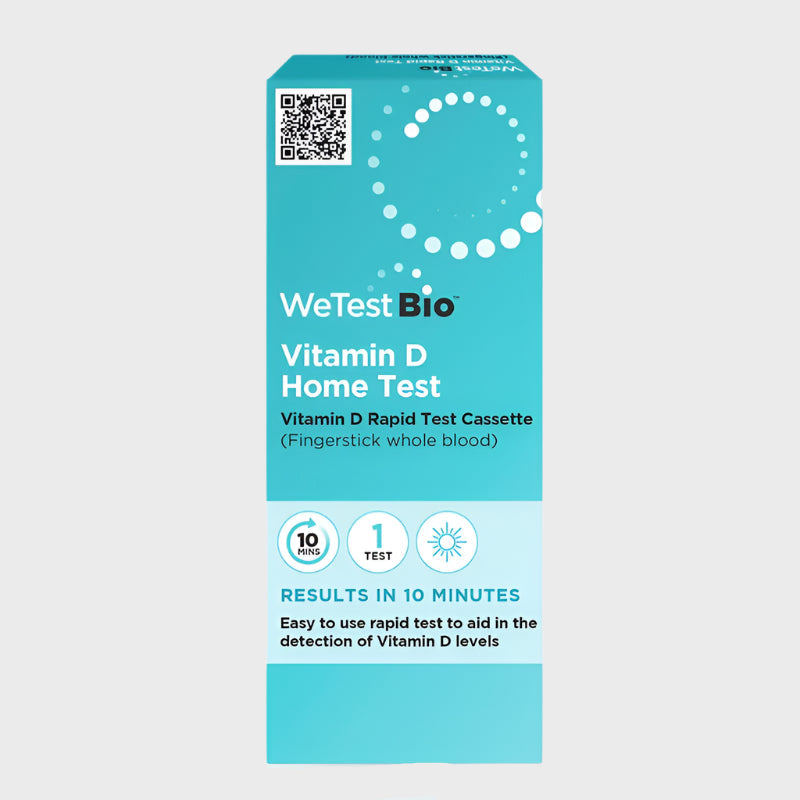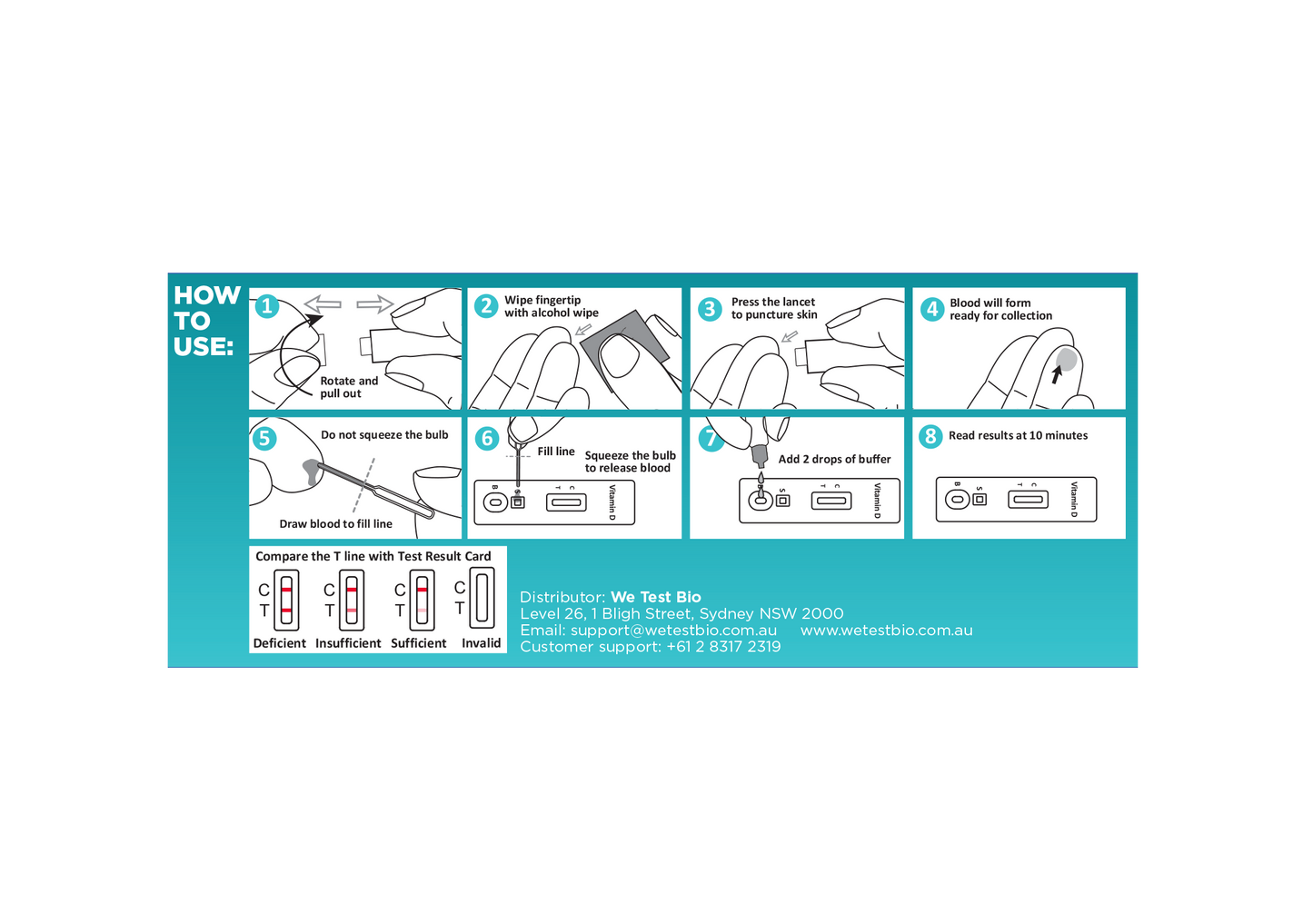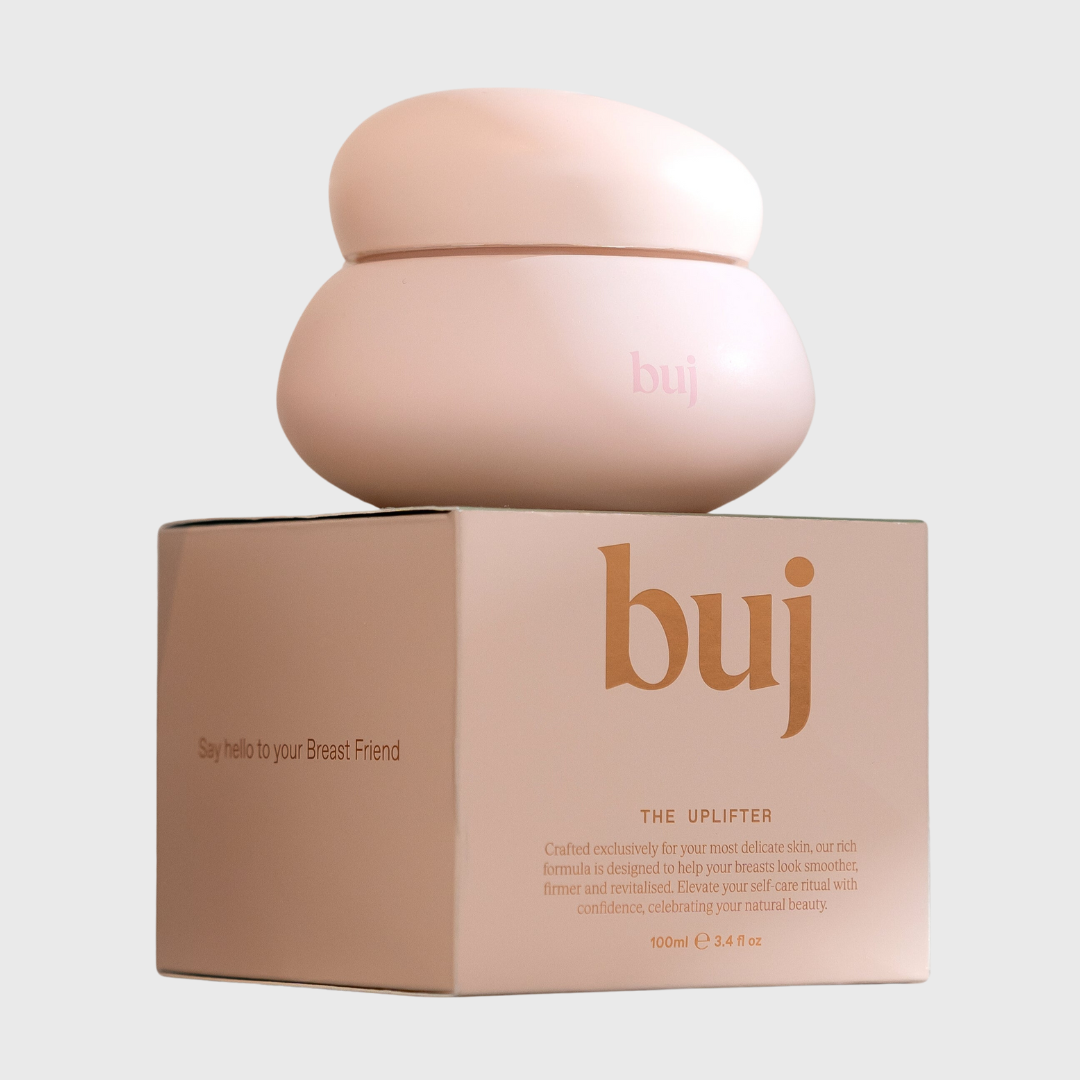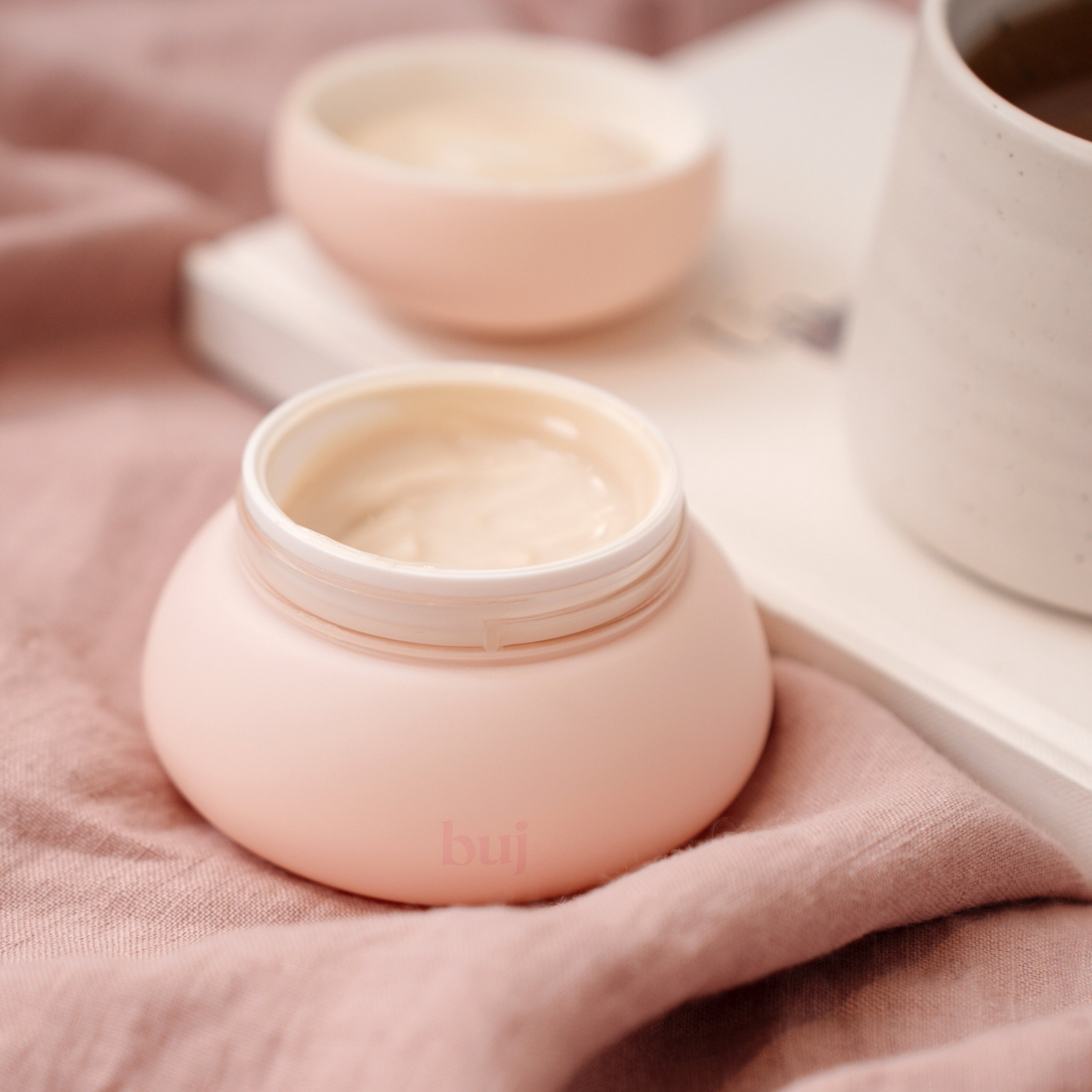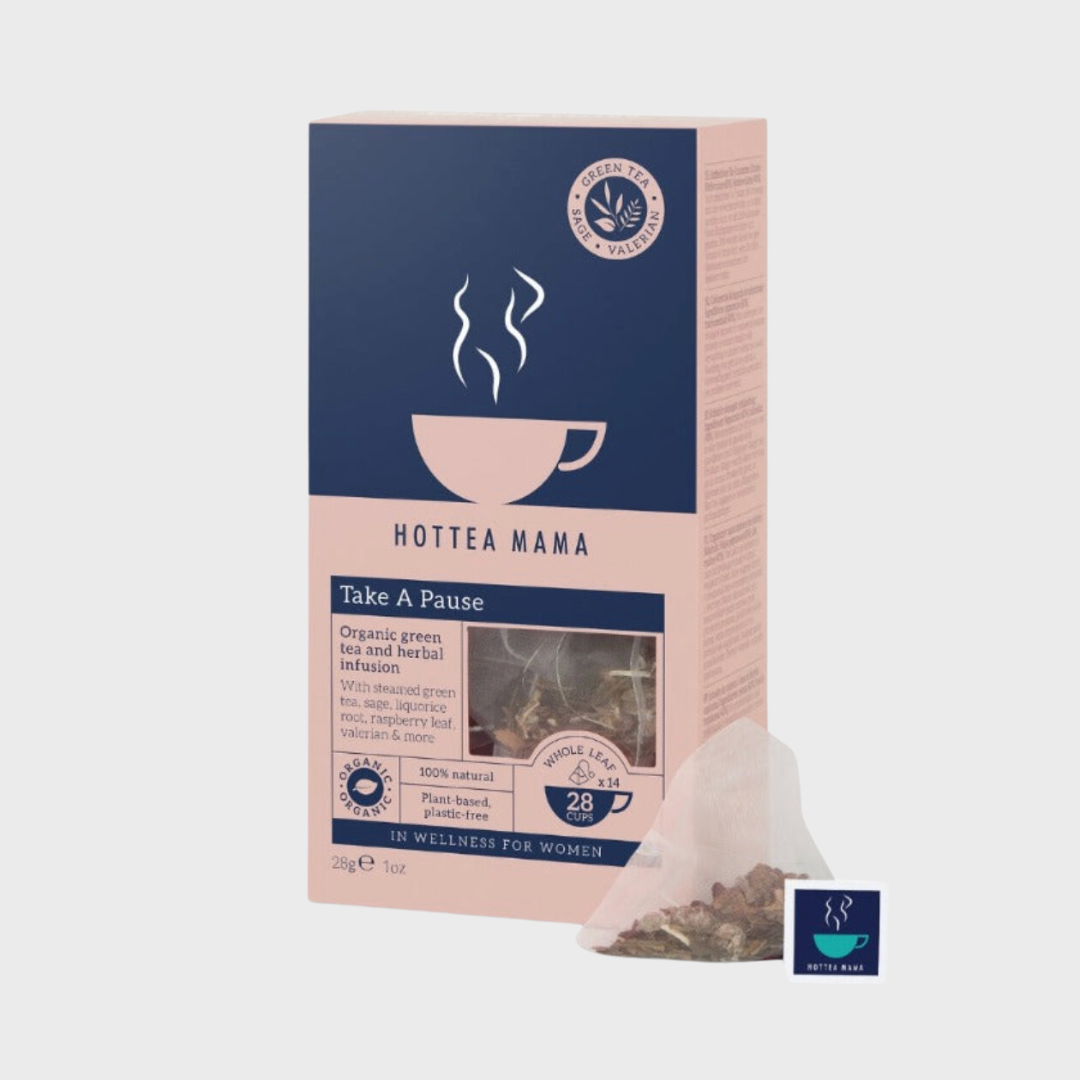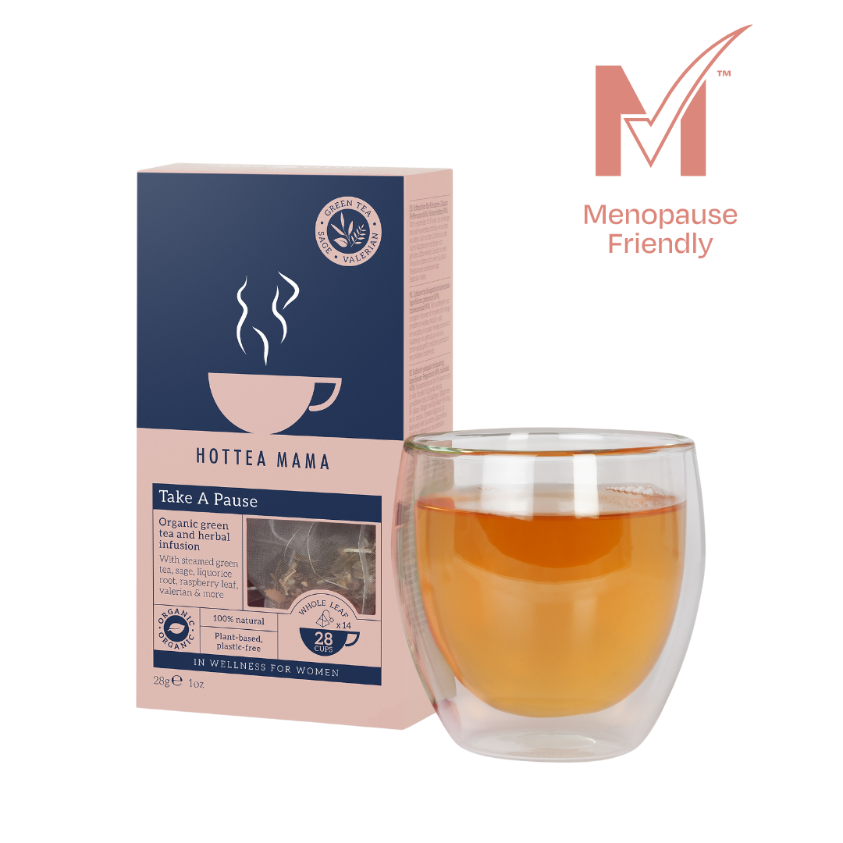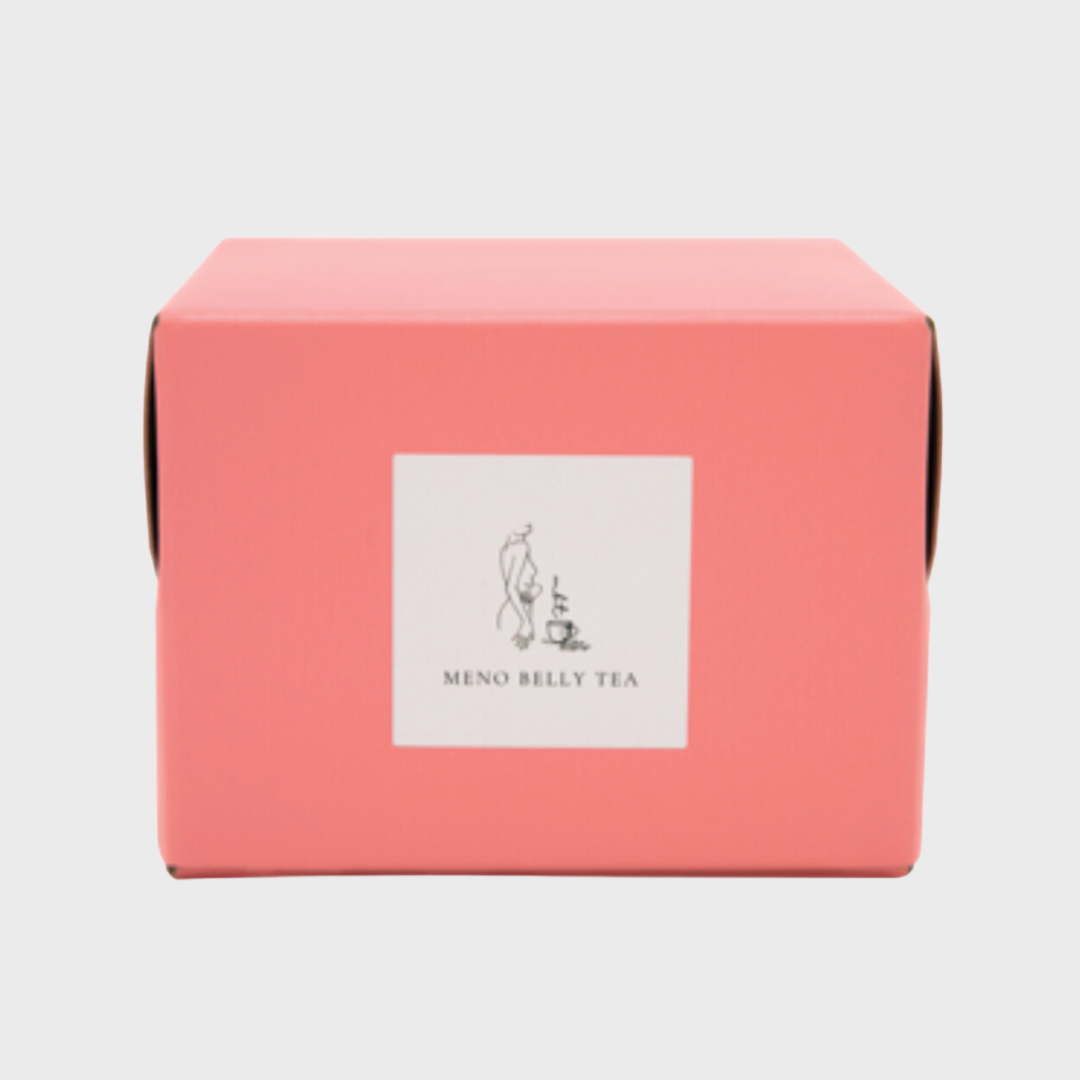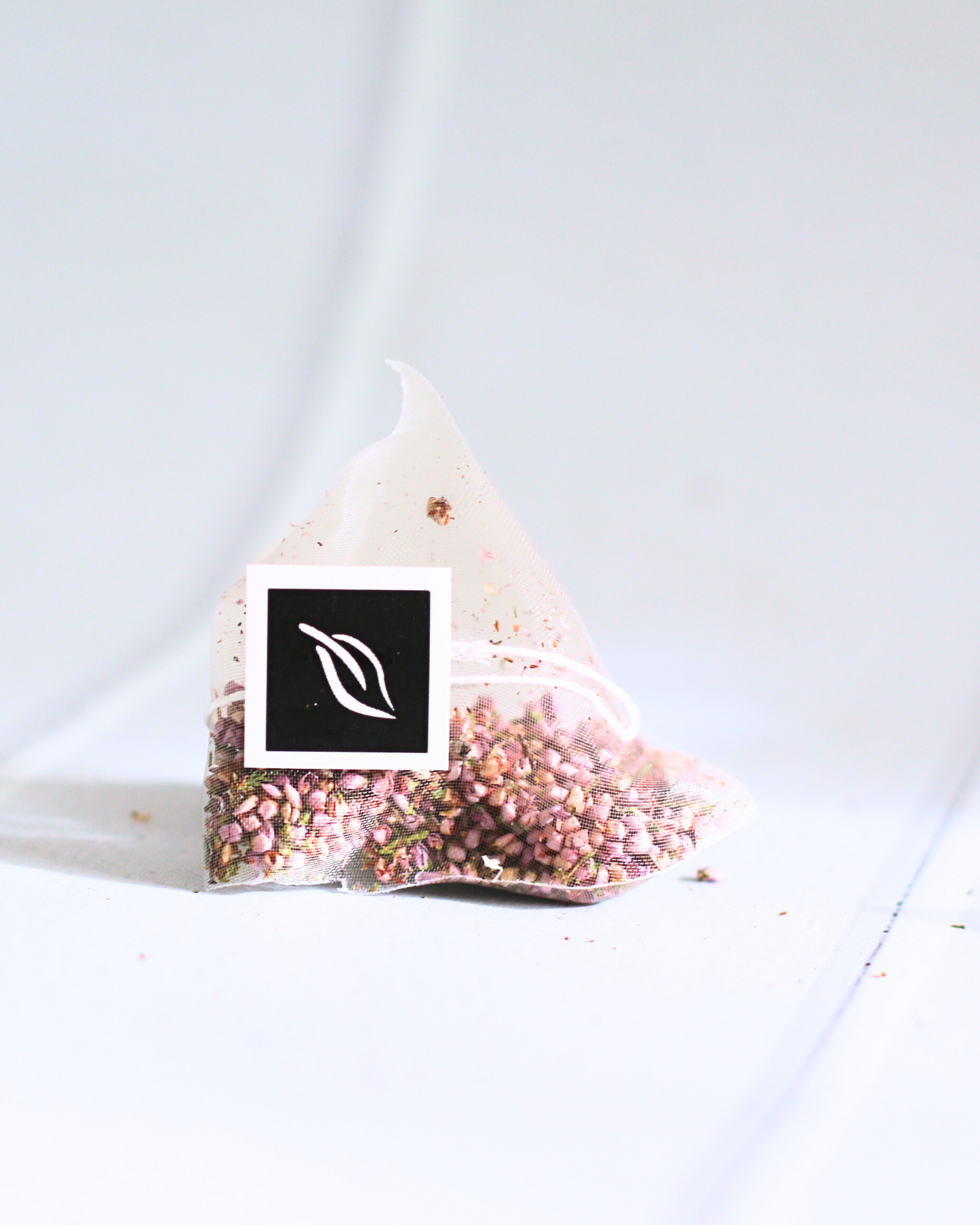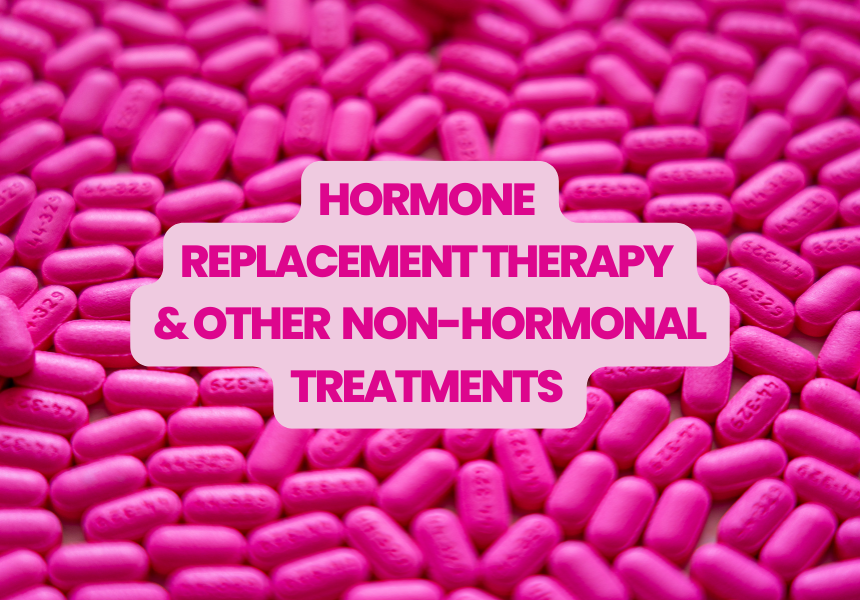
Hormone Replacement Therapy (Menopause Replacement Treatment MHT) and other non-hormonal treatments.
When we hear and speak about menopause we often hear about “hot flushes”. Not everyone will experience that as a symptom but that doesn’t mean she is not going through hormonal changes. There are about 20 different symptoms that your doctor may ask you about or should ask you about. There might be symptoms that you didn’t associate with perimenopause which can be relieved with treatment.
- Hot flushes (chest, neck, and face)/night sweats
- Feeling lightheaded
- Headaches
- Irritability
- Depression and Anxiety
- Mood changes
- Difficulty concentrating and making decisions
- Sleeplessness
- Unusual tiredness
- Backache
- Joint pain and Muscle pain
- New facial hair
- Dry skin, vagina, hair
- Crawling sensation under the skin, itchy ears
- Lower sex drive/ libido
- Digestive pain, acid reflux
- Taste and smell
- Uncomfortable intercourse
- Food cravings
- More frequent urination and urgency and incontinence (and an increased risk of urinary tract infections)
- Loss of collagen in skin, laxity

What treatments are there for my symptoms?
You probably have heard of Hormone replacement therapy HRT (also called Menopause hormonal treatment MHT). This is where estrogen, progesterone, and sometimes also testosterone is replaced as it is on a decline. It can be taken in various forms such as:
- Transdermal (going through the skin) gel or patch
- Tablets Learn more about peri/menopause supplements
- Vaginal creams and implants like Mirena
This therapy isn’t for everyone for various reasons, and it is important you give a full medical history to your prescriber and that you have a full examination with bloods to have a baseline before starting MHT, including breast scans and pap smears. It is always a good idea to have a health check-up and be preventative about your health.

We can’t assume every symptom is perimenopause related so it's important to rule out other conditions as well. However, your MHT can be prescribed based on symptoms without knowing exactly what your hormone levels are, as they fluctuate throughout the months anyway.
If it is safe for you to use MHT your GP should prescribe it based on symptoms, not just based on your blood levels of hormones as they fluctuate during your monthly cycle.
- MHT is the most effective treatment for hot flashes and night sweats.
- MHT treats vaginal dryness
- Reducing menopausal symptoms with MHT may improve quality of life.
- MHT reduces the risk of postmenopausal bone fracture, including hip fracture
- MHT use is not associated with weight gain
- MHT reduces the risk of dying from any other illness by 9% (30-40% reduction in death from cardiovascular disease)
Non-hormonal treatments
MHT may not be for you for whatever your individual reason is. What I believe is important is that you have made an informed choice based on facts. There is a lot we can do to optimize our health and to support our bodies and minds in order to cope better with life during this transition with or without MHT.
MHT may not solve all your symptoms. Fundamentally we need to maintain a healthy lifestyle to get the best out of our therapy. If you can’t sustain a healthy life, MHT may not be as effective. It can be a question of “the chicken or the egg” where we feel so awful that we can’t make those healthy choices and starting MHT will boost your ability to start exercising, choosing healthy foods, improved sleep, etc. A health coach, nutritionist, nurse, or naturopath can often help you with these foundations of a healthy life. See our beginners strength training course in the The Aviiana Wellness Program to get access to more menopause-related information, ongoing support and more!
In regard to supplements and other non-hormonal medications, there is not a lot of strong evidence supporting the use of these to reduce symptoms and usually, these will mostly address hot flushes. However, if something is working for you then go with it! Do your research and try to subjectively measure how the treatment makes you feel. A lot of these supplements promise the world and cost a fortune with little return. Be well-informed when choosing!
We need more research on complementary treatment in this area to really know the risks and benefits. Below are a few of the most popular and researched supplements:
- Black Cohosh and Phytoestrogens including Red Clover have some evidence of reducing hot flushes.
- Pine bark (Pycnogenol) promising as improvement in menopausal symptom
Prescription non-hormonal medication
Clonidine, which is historically a blood pressure medication and also has a calming effect on the nervous system, is the only TGA-approved drug for the treatment of hot flushes. There are other drugs being researched for these symptoms that have not yet been approved by the TGA. Low-dose antidepressants have also been proven to help with alleviating some symptoms of hot flashes.
You know your body the best. Trust it and trust your instinct. If you feel you are not being heard or treatment isn’t working, don’t give up. See a new practitioner and get a new perspective. Be your own advocate.
With love,
Nurse Anna-Klara
AK Aesthetica
References
Madsen TE, Sobel T, Negash S, Shrout Allen T, Stefanick ML, Manson JE, Allison M. A Review of Hormone and Non-Hormonal Therapy Options for the Treatment of Menopause. Int J Womens Health. 2023 May 25;15:825-836. doi: 10.2147/IJWH.S379808. PMID: 37255734; PMCID: PMC10226543.
Bacciottini L, Falchetti A, Pampaloni B, Bartolini E, Carossino AM, Brandi ML. Phytoestrogens: food or drug? Clin Cases Miner Bone Metab. 2007 May;4(2):123-30. PMID: 22461212; PMCID: PMC2781234
Australasian Menopause Society (2018, December 9). NonHormonal Treatments for Menopausal Symptoms. Retrieved June 11, 2024, from https://www.menopause.org.au/index.php?option=com_content&view=article&id=600:nonhormonal-treatments-for-menopausal-symptoms&catid=63


